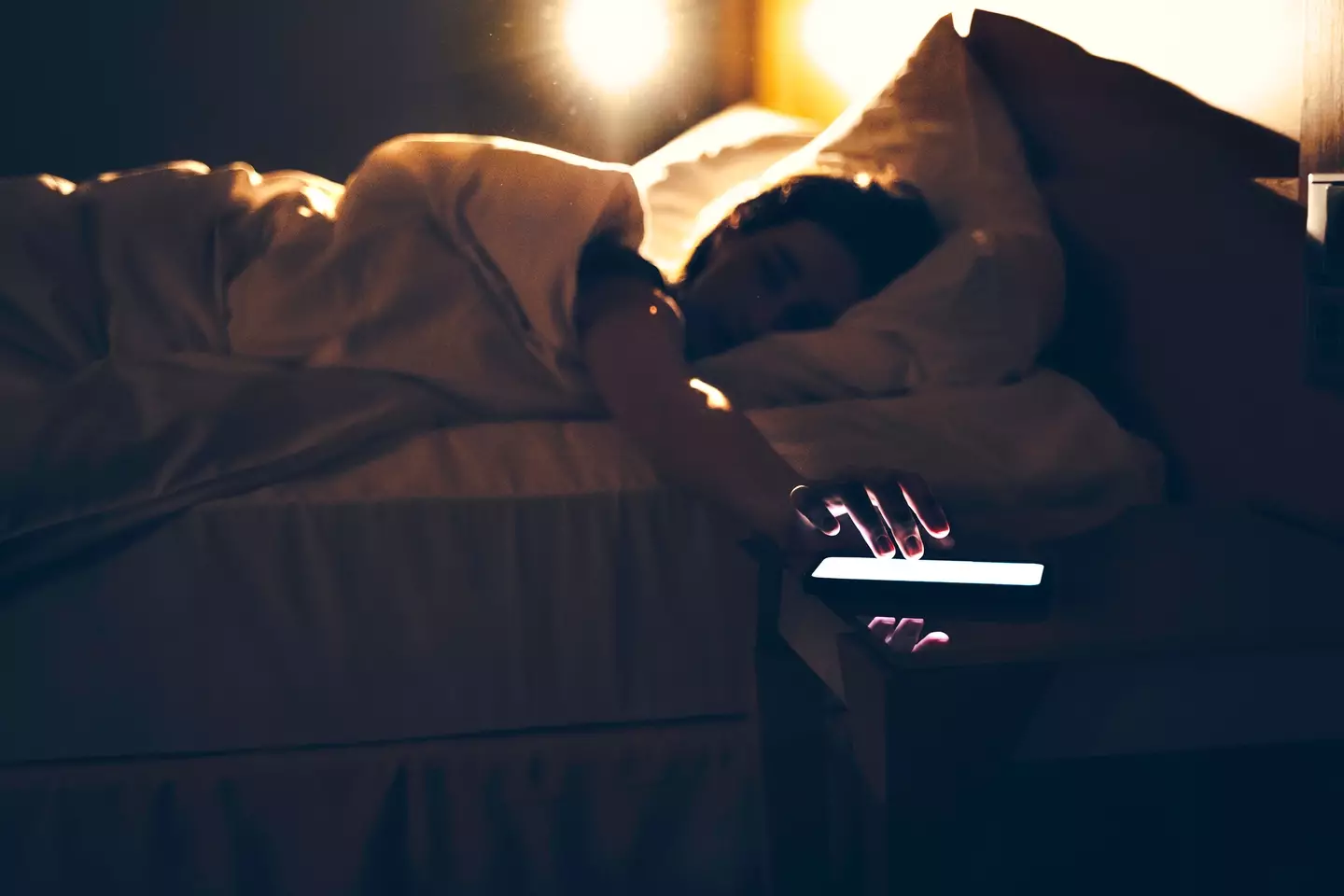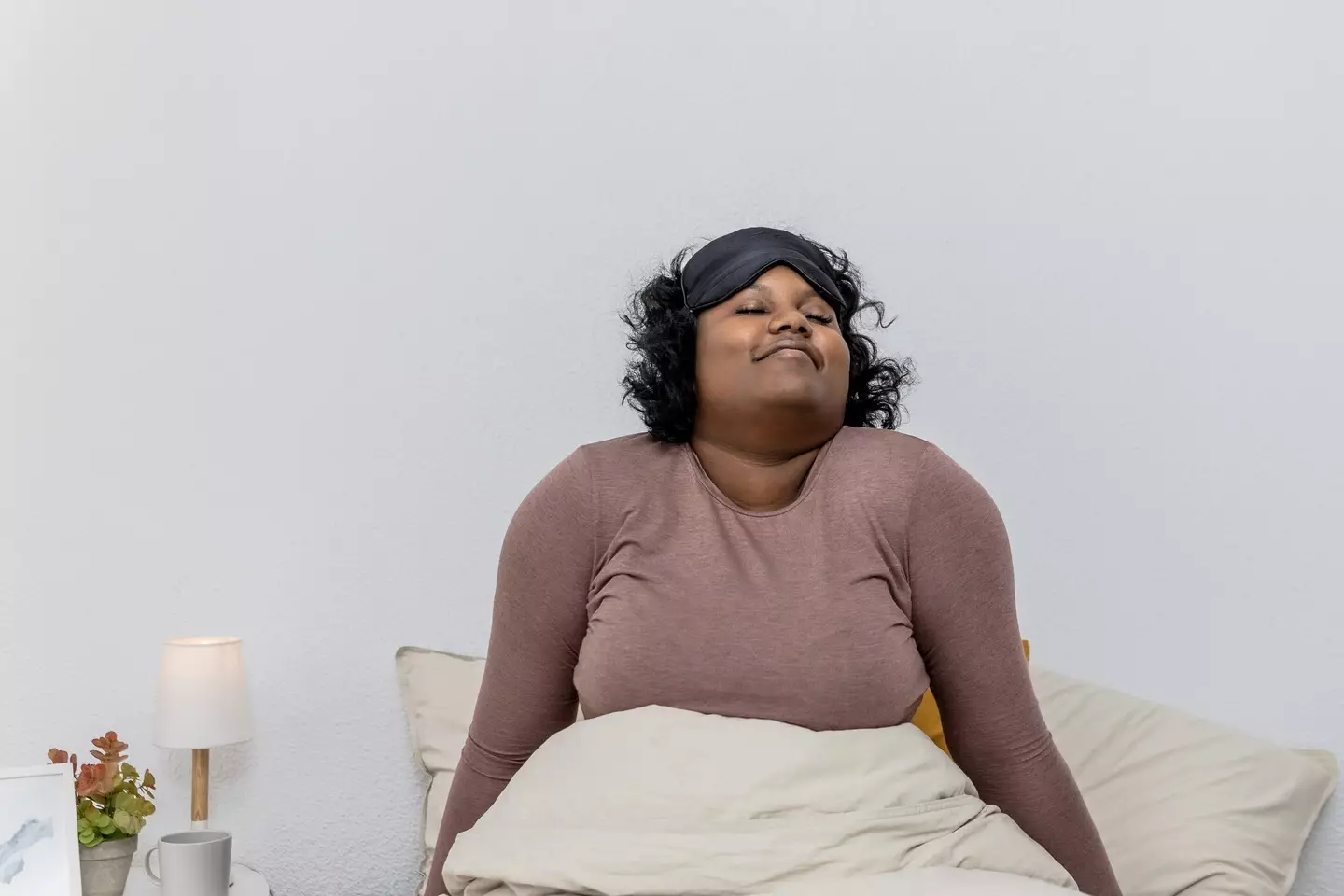.png%3Fcrop%3D552%2C552%2Cx0%2Cy57)
Even if you're a morning person, you might not feel like your best self at 5am.
And there's actually a scientific reason behind it, as researchers have figured out that 5am is actually the worst time of the day.
So next time you're up at the crack of dawn and want to snap at someone, just think - there's a scientific reason why you feel so grumpy.

Advert
Researchers from the University of Michigan and Dartmouth Health have looked into the science of waking up on the wrong side of the bed, using Fitbit data from 2,602 medical interns over two years.
They looked at their heart rate, step count, sleep data and daily mood scores - and perhaps unsurprisingly, the self-reported mood cycles were at their lowest point at 5am.
Compare this to the highest point of the day, which was 5pm. This makes sense - for most of us, that's around the time we clock off work and can head home to finally relax.
Another big finding from the study is also definitely not a shocker - a lack of sleep led to worse moods and bigger changes in mood throughout the day, which is definitely something a lot of us can relate to.
“Mood naturally cycles with lowest point in the morning and highest in the evening independent of sleep deprivation. Sleep deprivation is a separate process that further decreases mood,” said Benjamin Shapiro, lead author of the study and psychiatrist at Dartmouth Health.
“So someone awake all night at 5am should have an even lower mood than if they just woke up at 5am. However, on a typical day their mood at 5am will still be lower than that in the evening.”

The study, published in the journal PLOS Digital Health, showed just how important our circadian rhythm - the body's internal clock - can be for our mood.
Shapiro added: “The field of psychiatry has known that sleep and circadian rhythm play an important role in mental health. However, these findings have only been shown in small samples and in artificial laboratory settings. This study generalizes these findings to everyday life across a large number of participants.”
The researchers really want to highlight that this was a generalized look at mood, rather than drilling down on individuals - saying that personal mood can depend on external factors like social dynamics, schedules and temperaments.